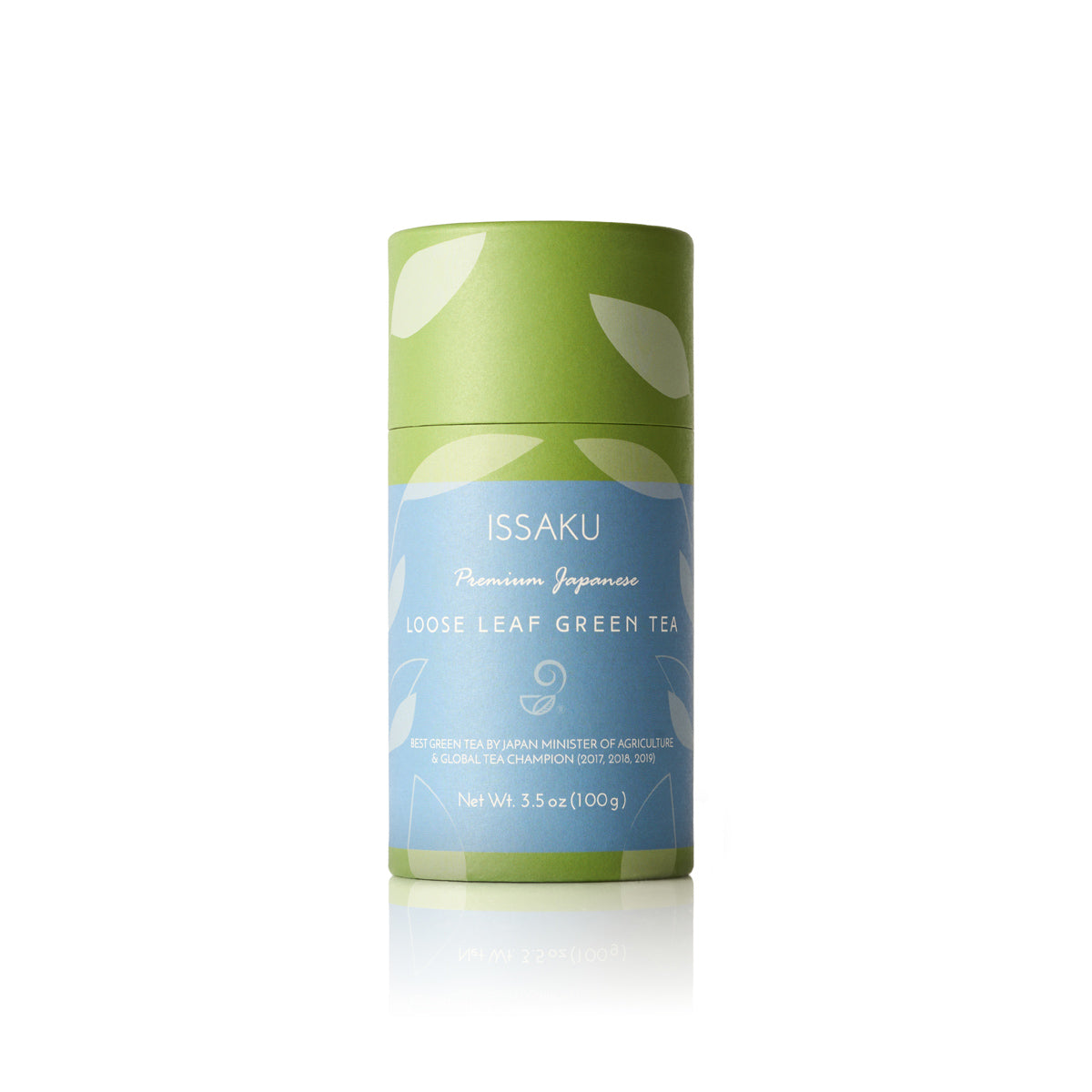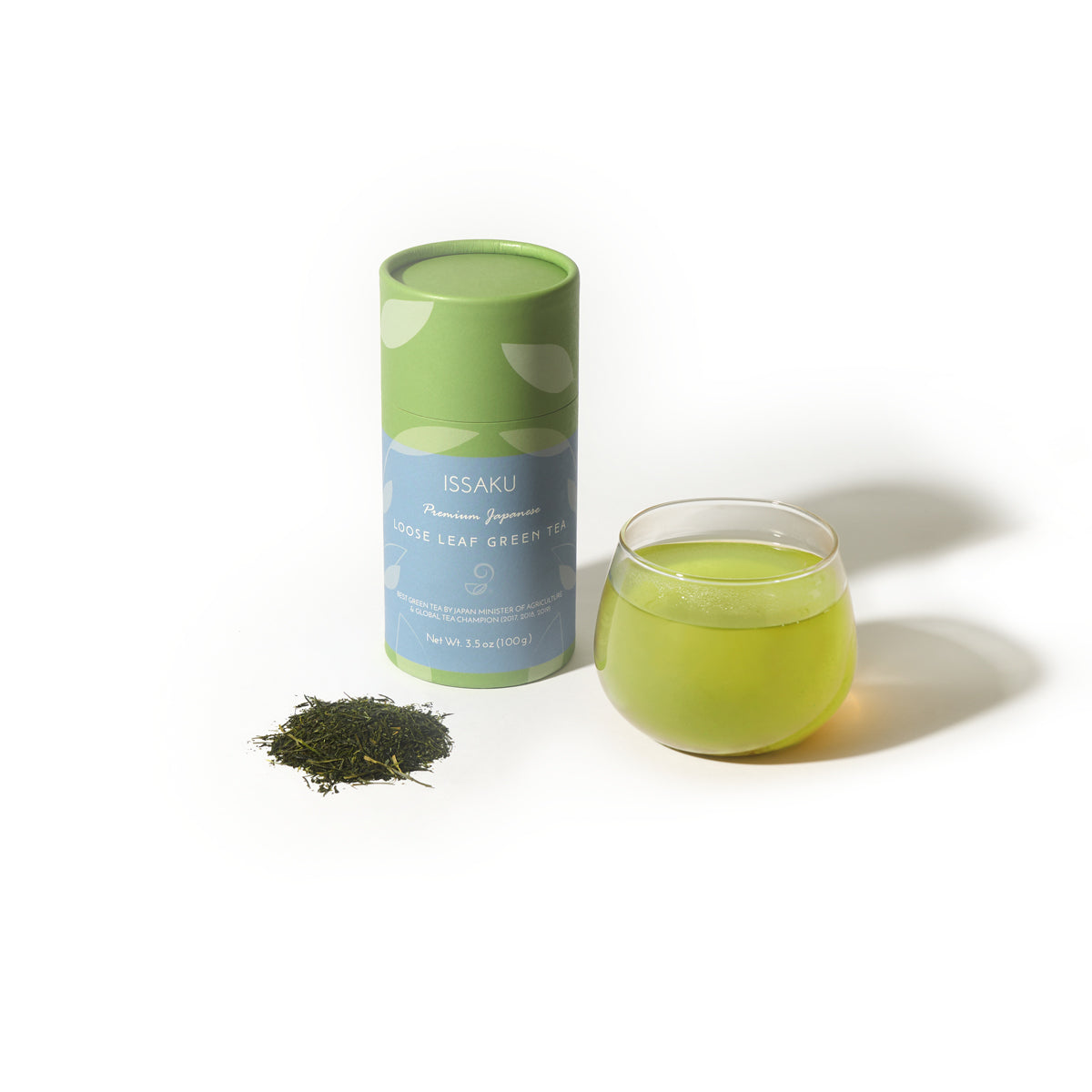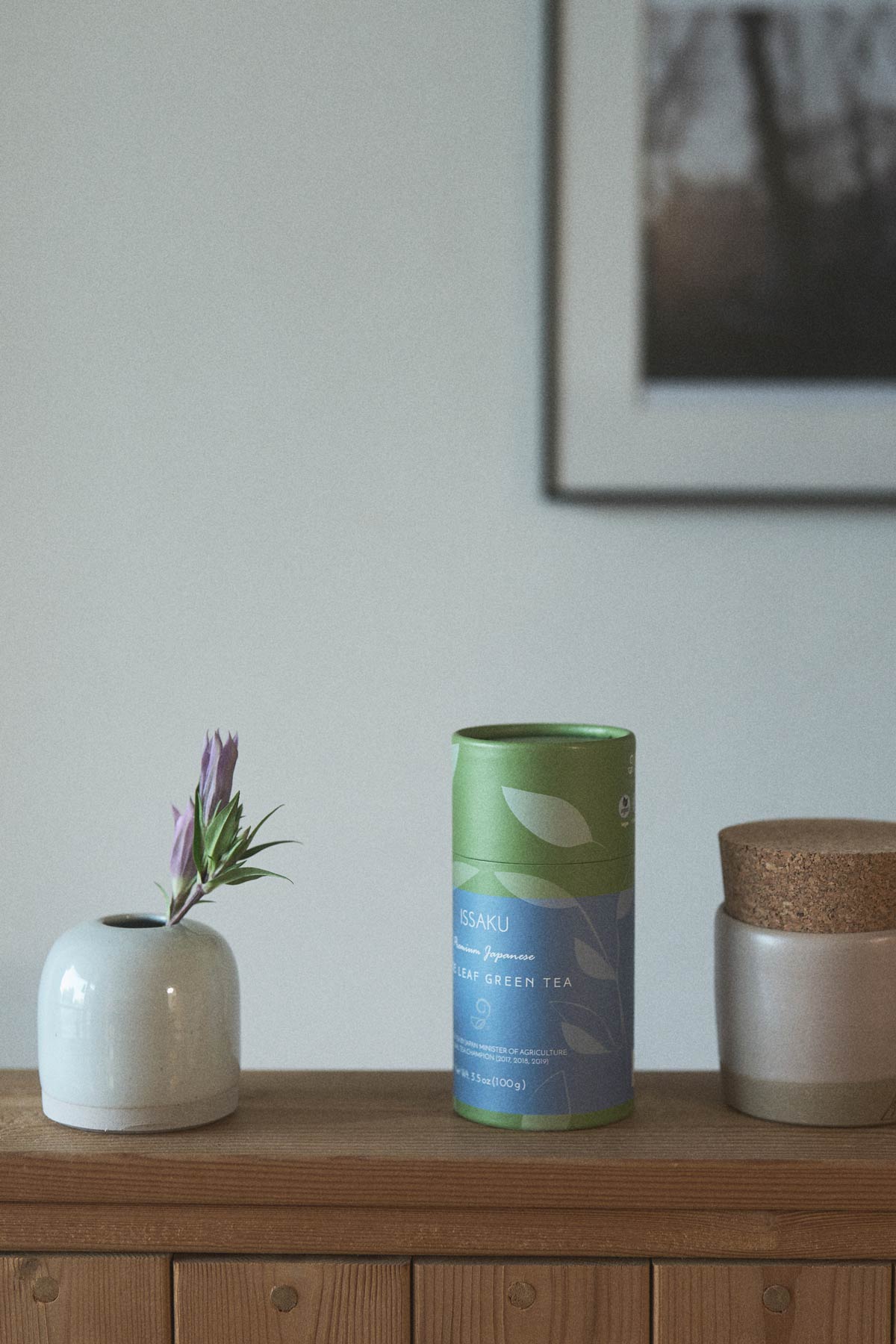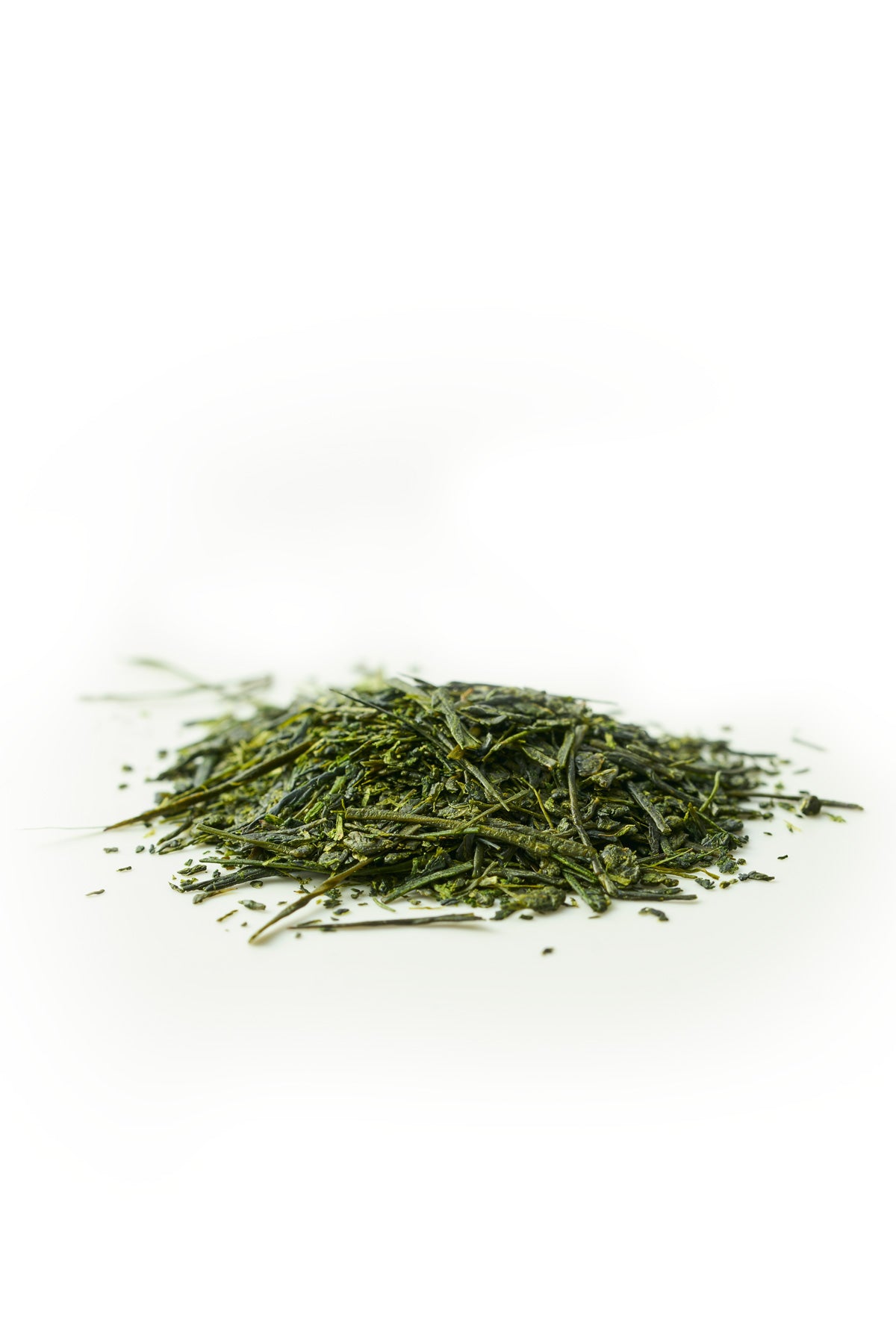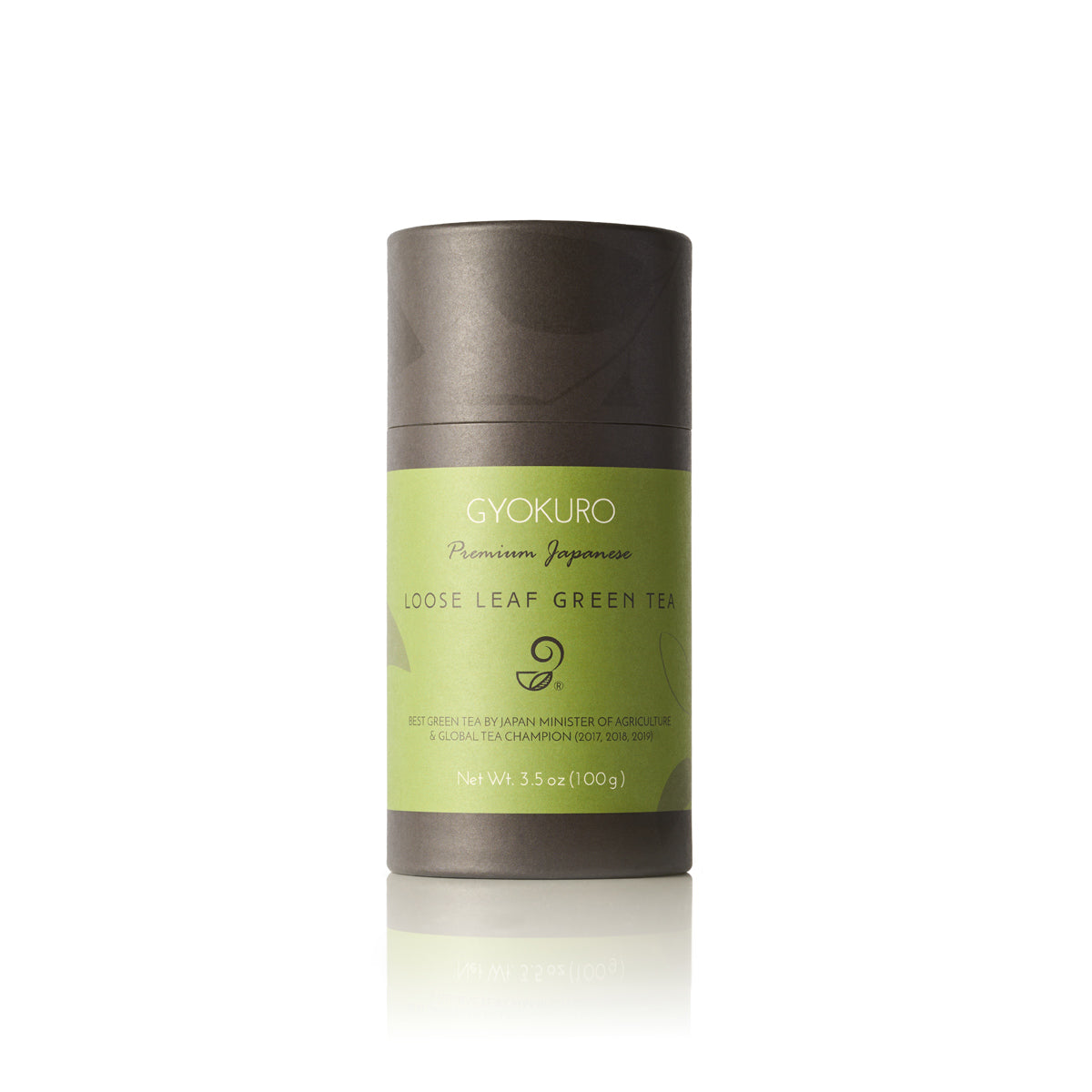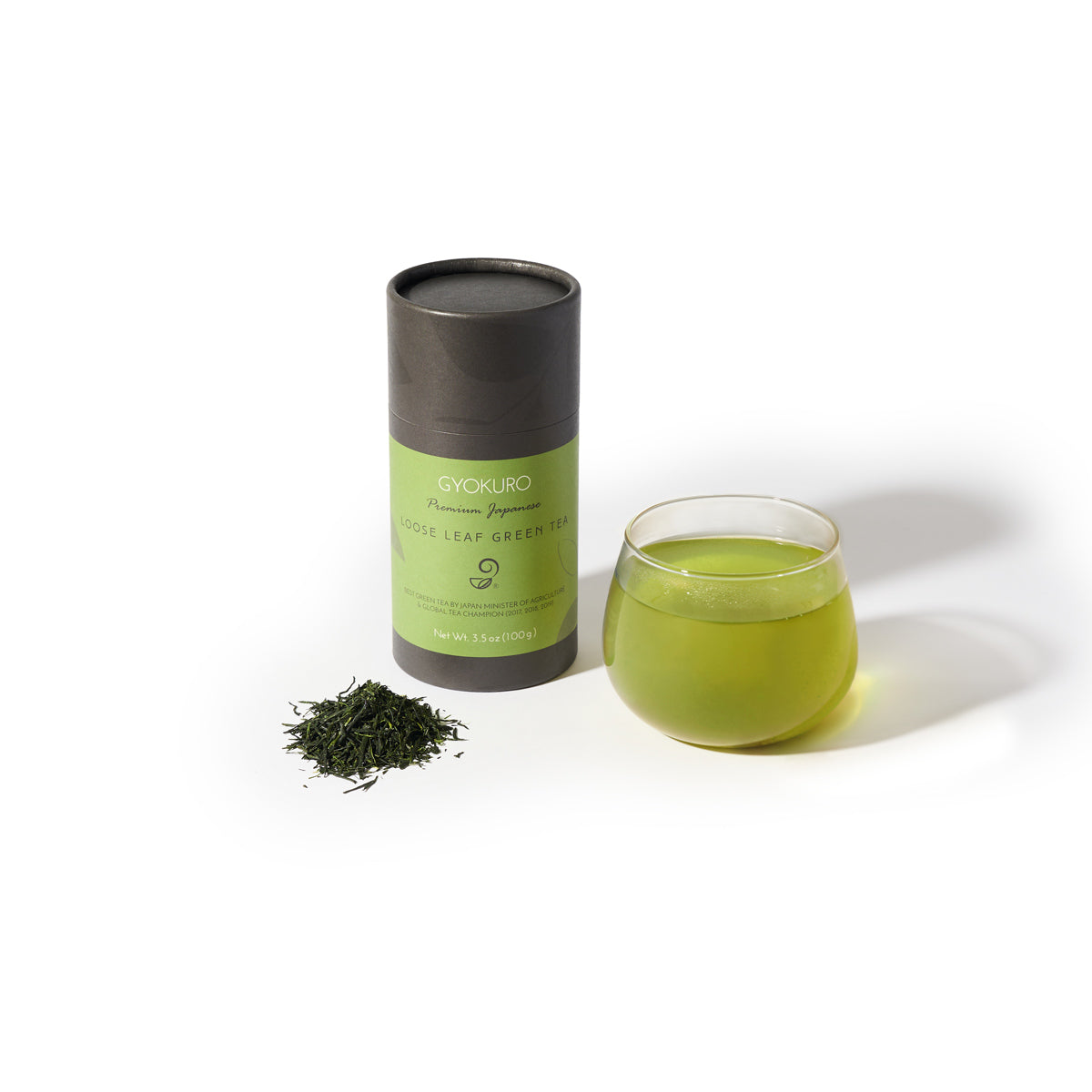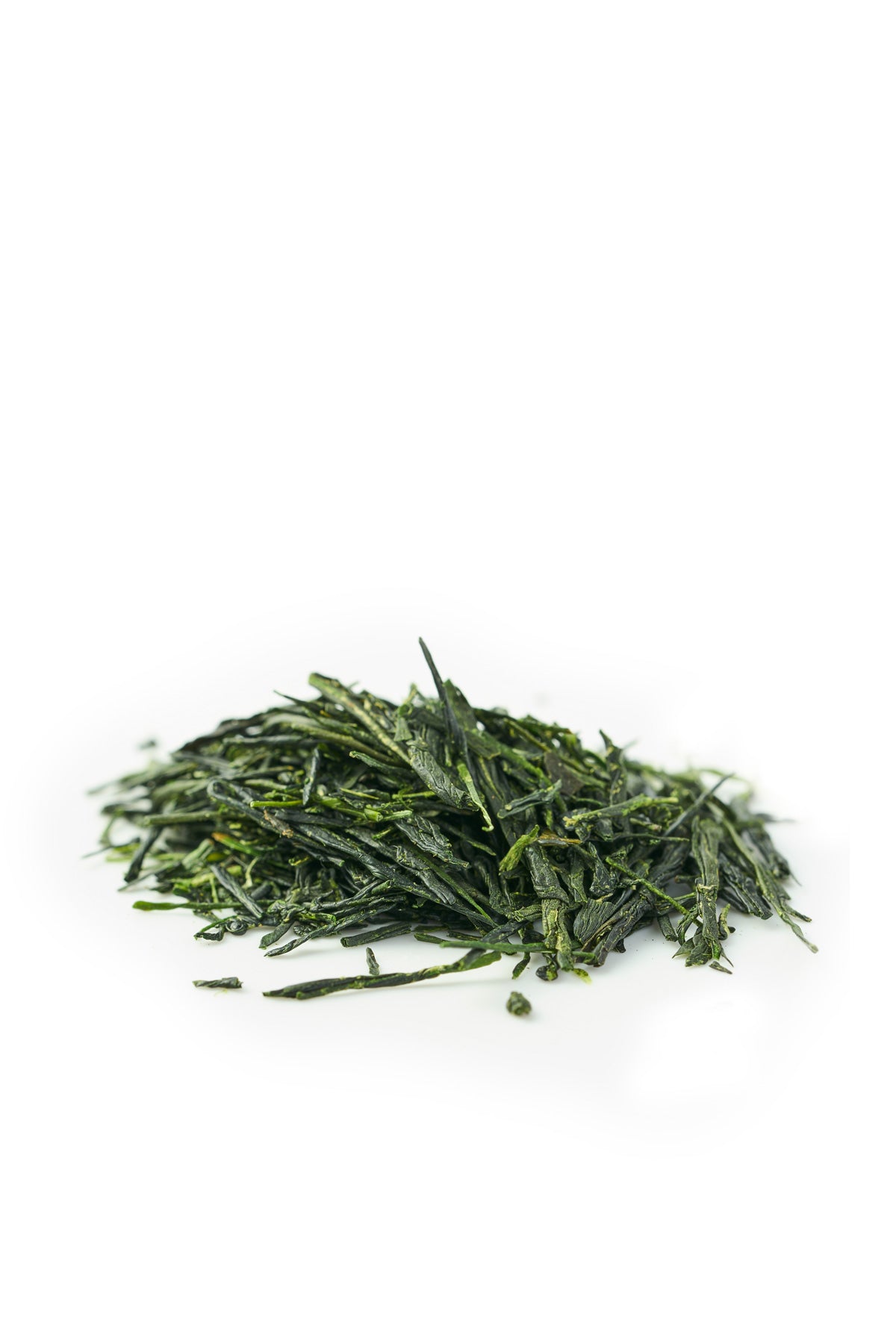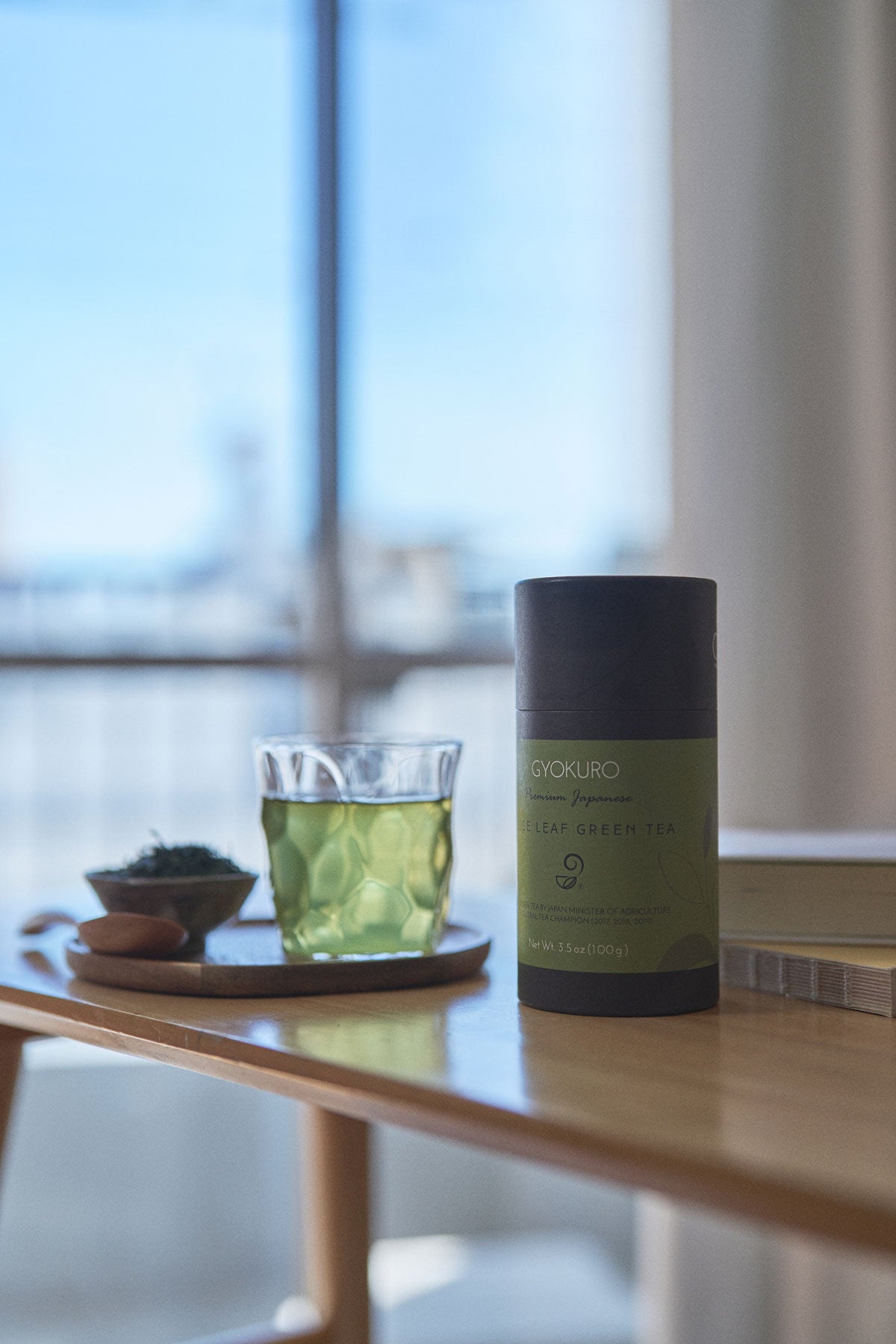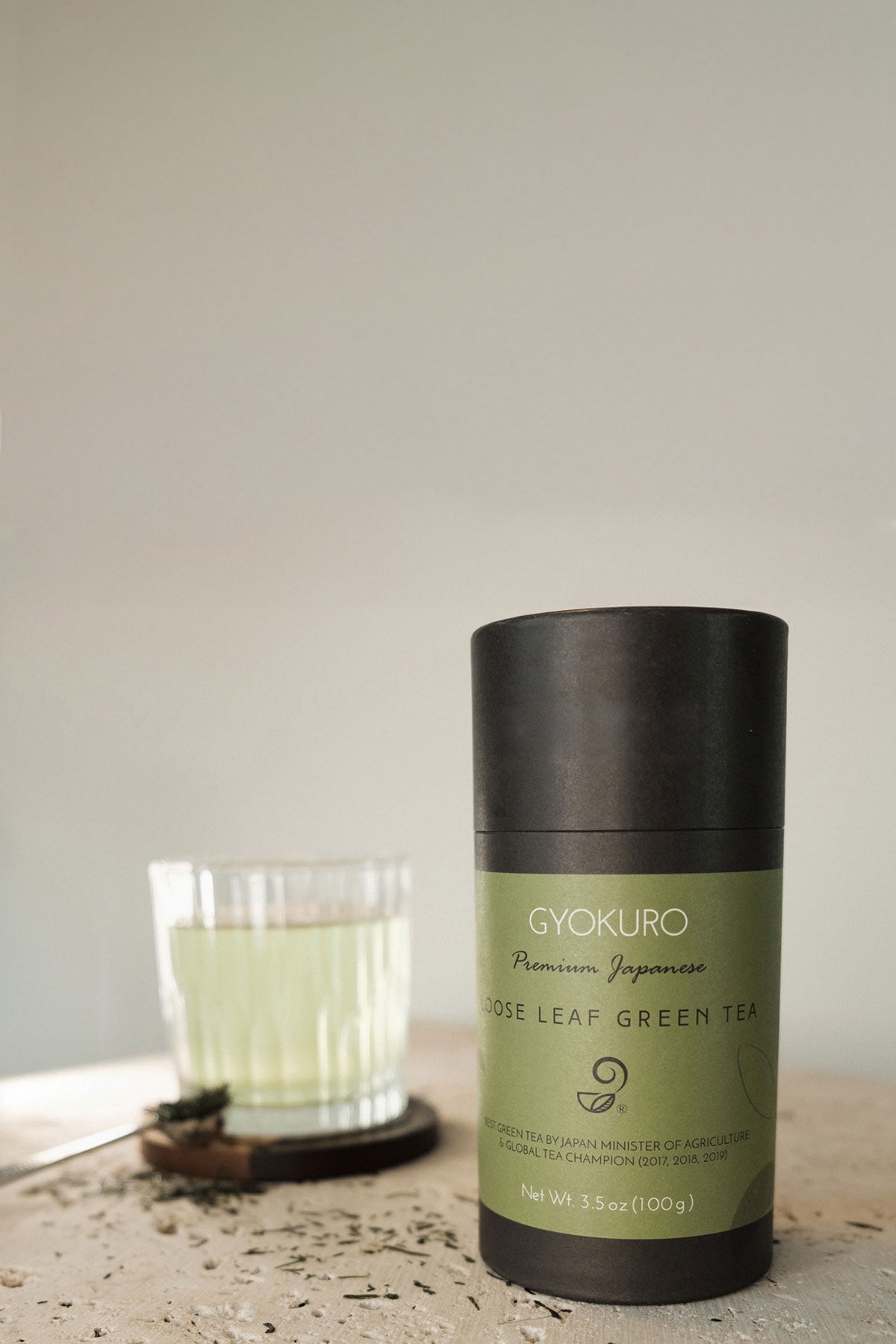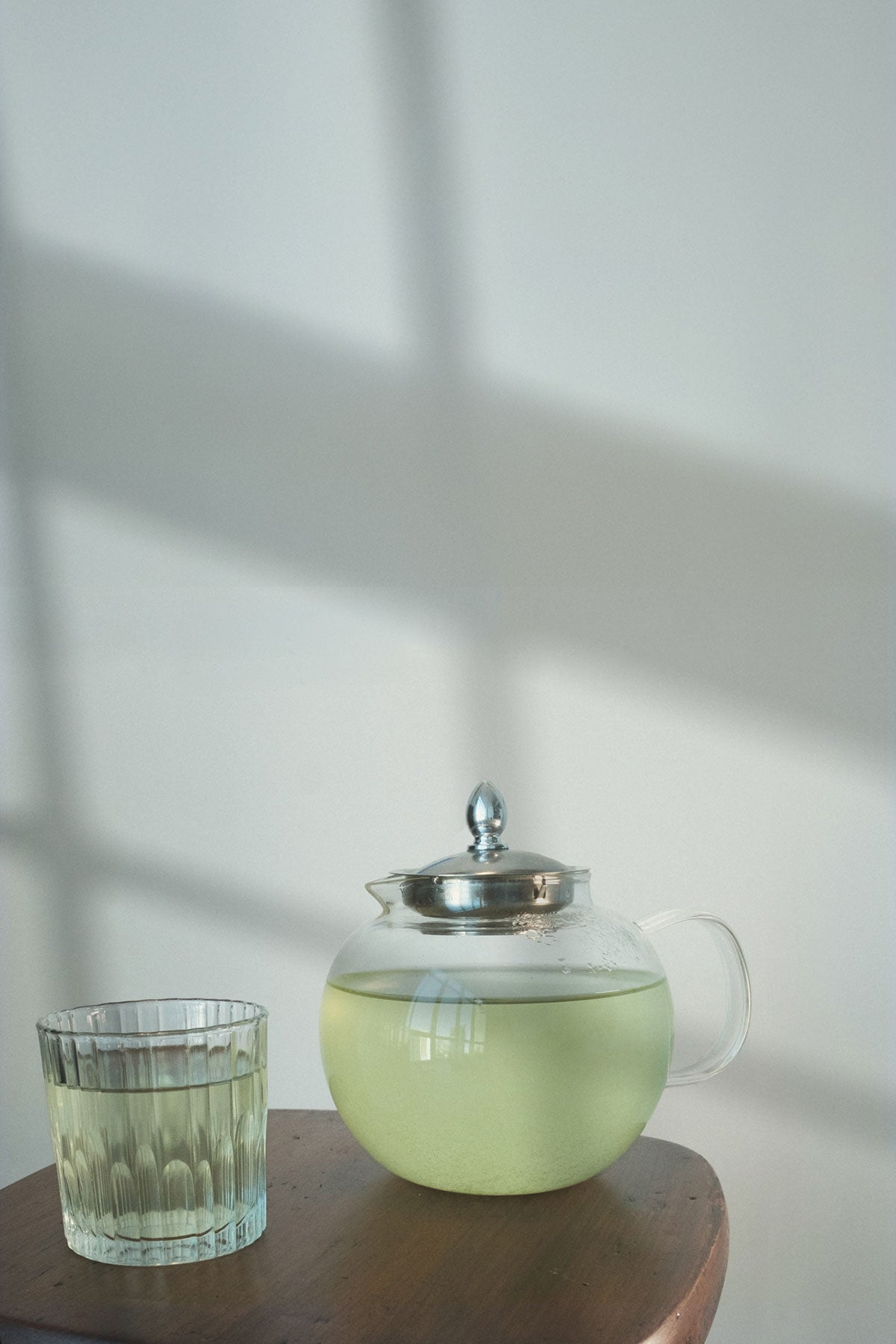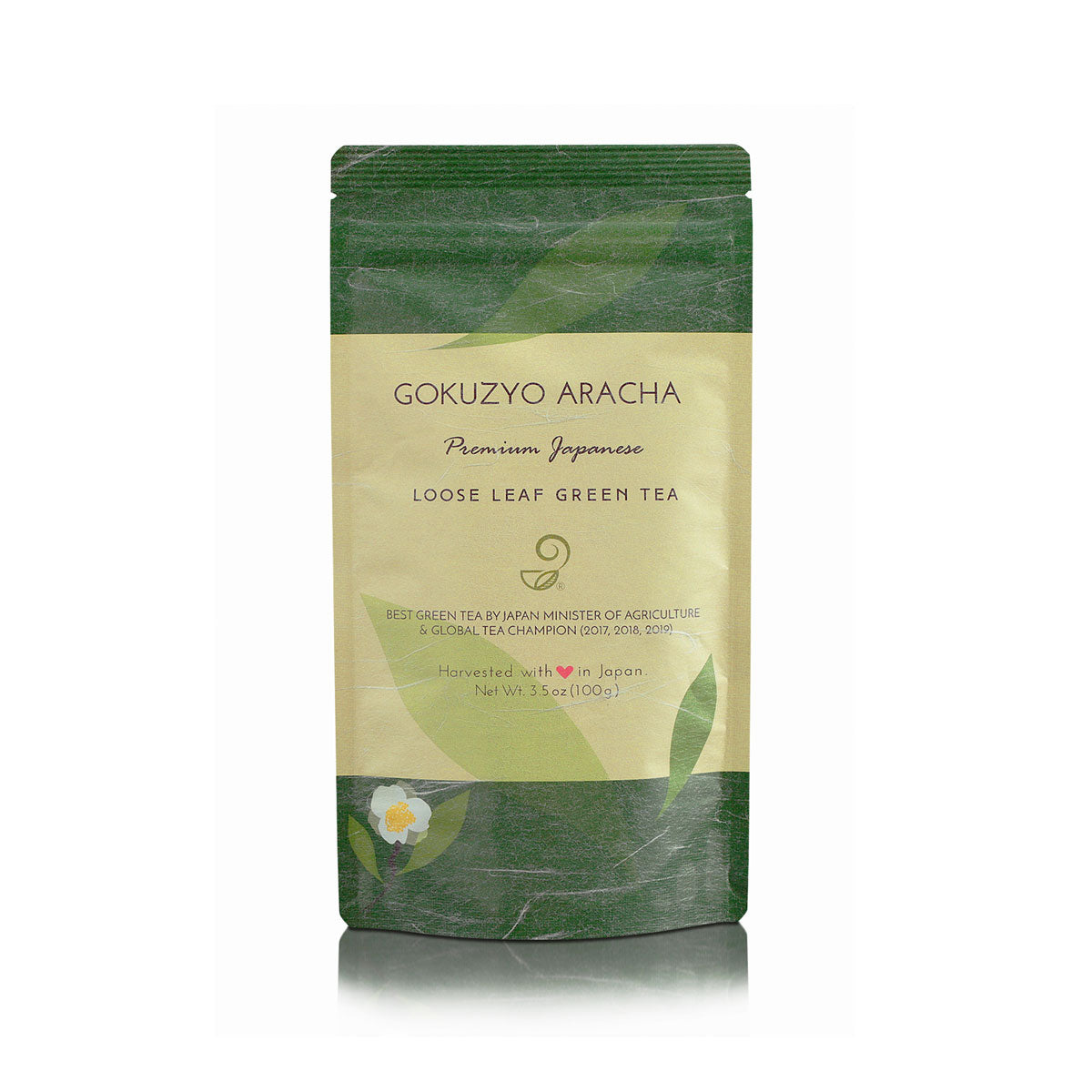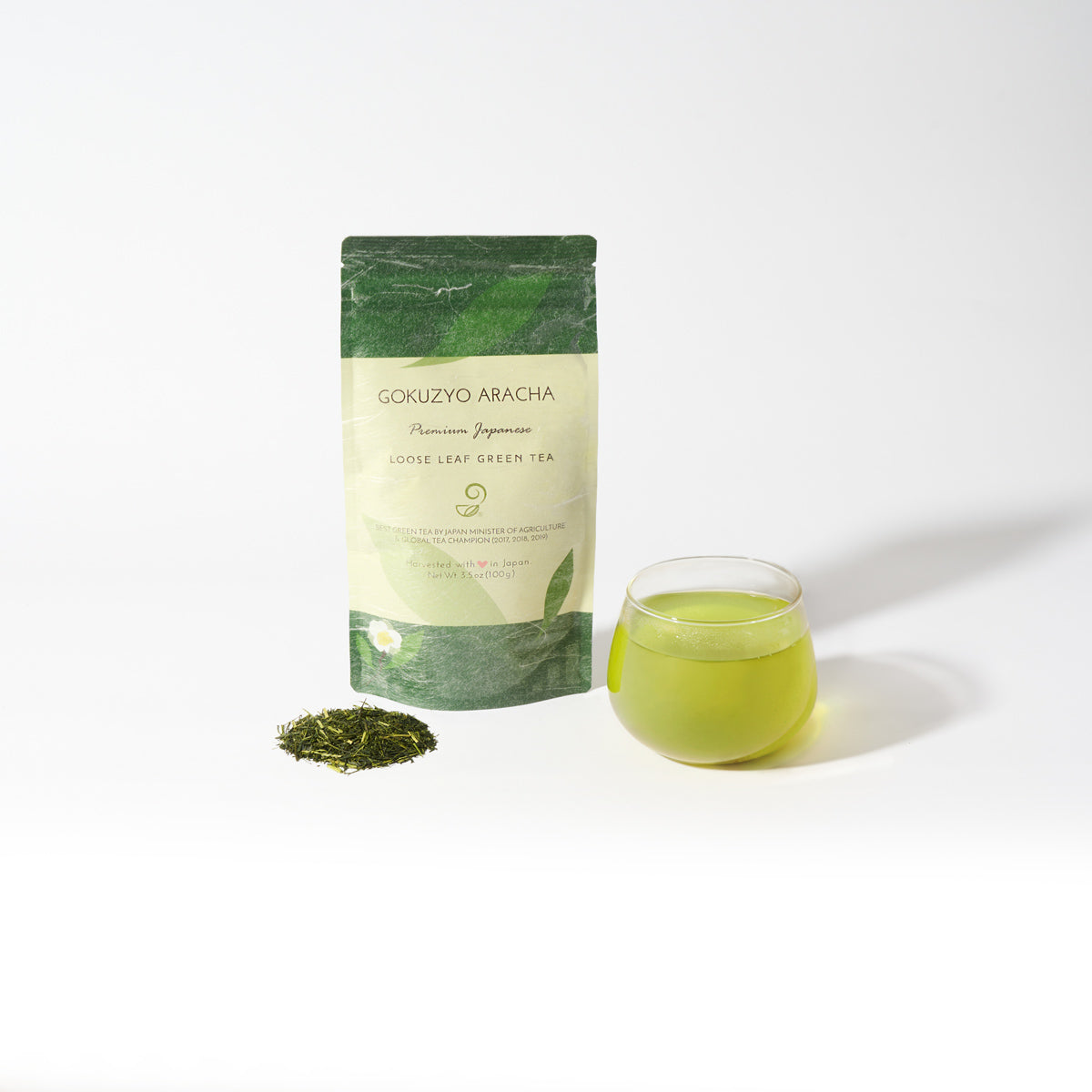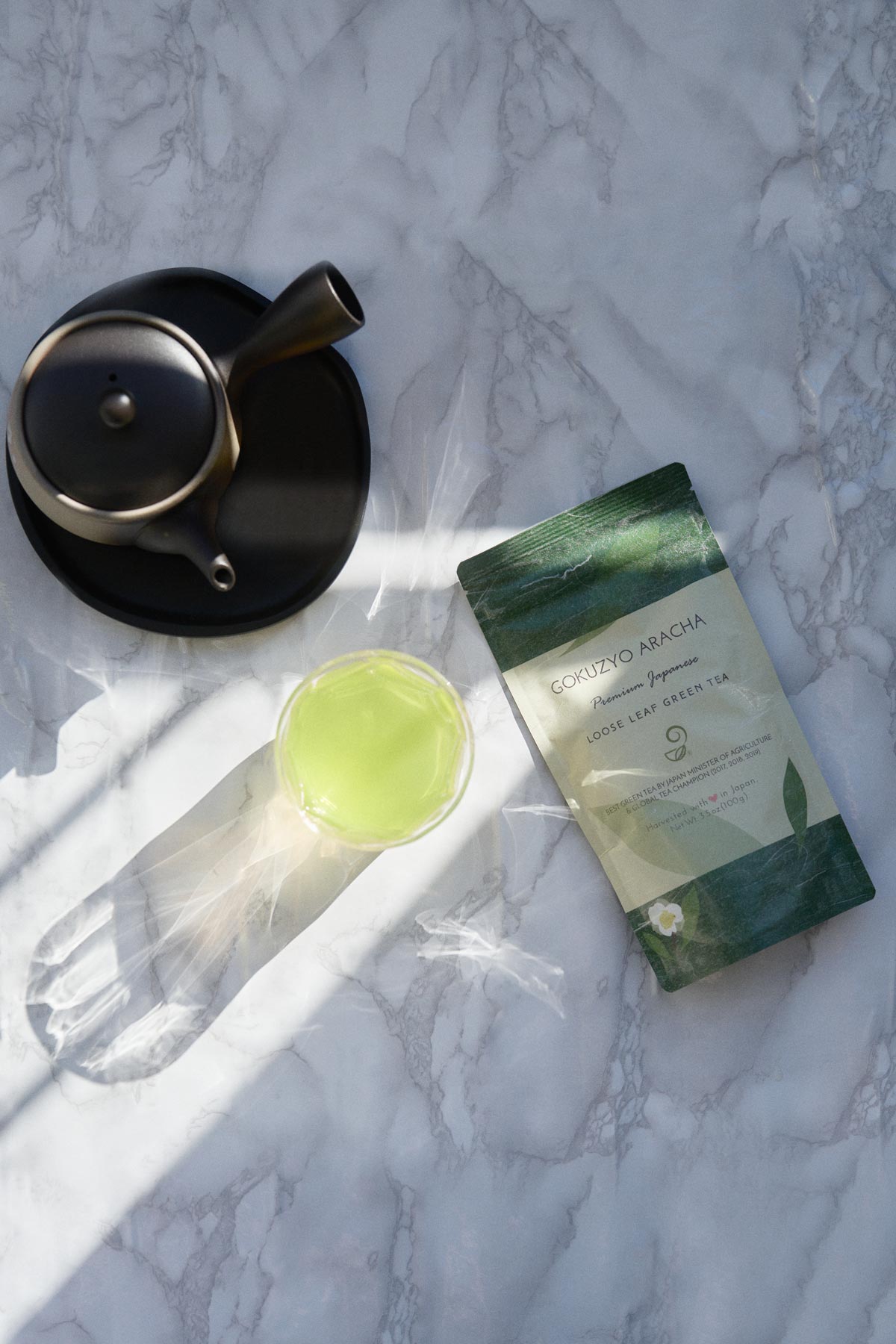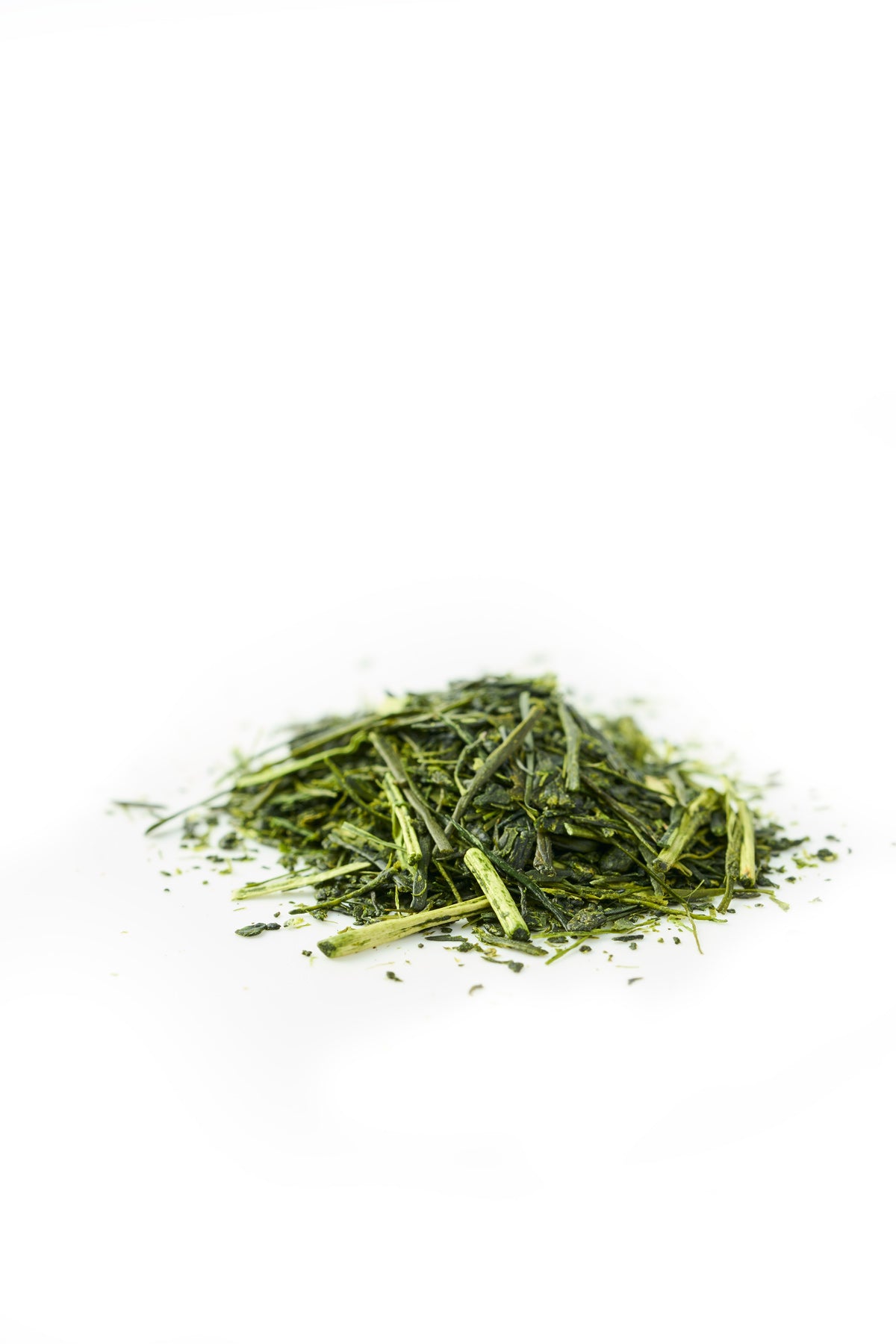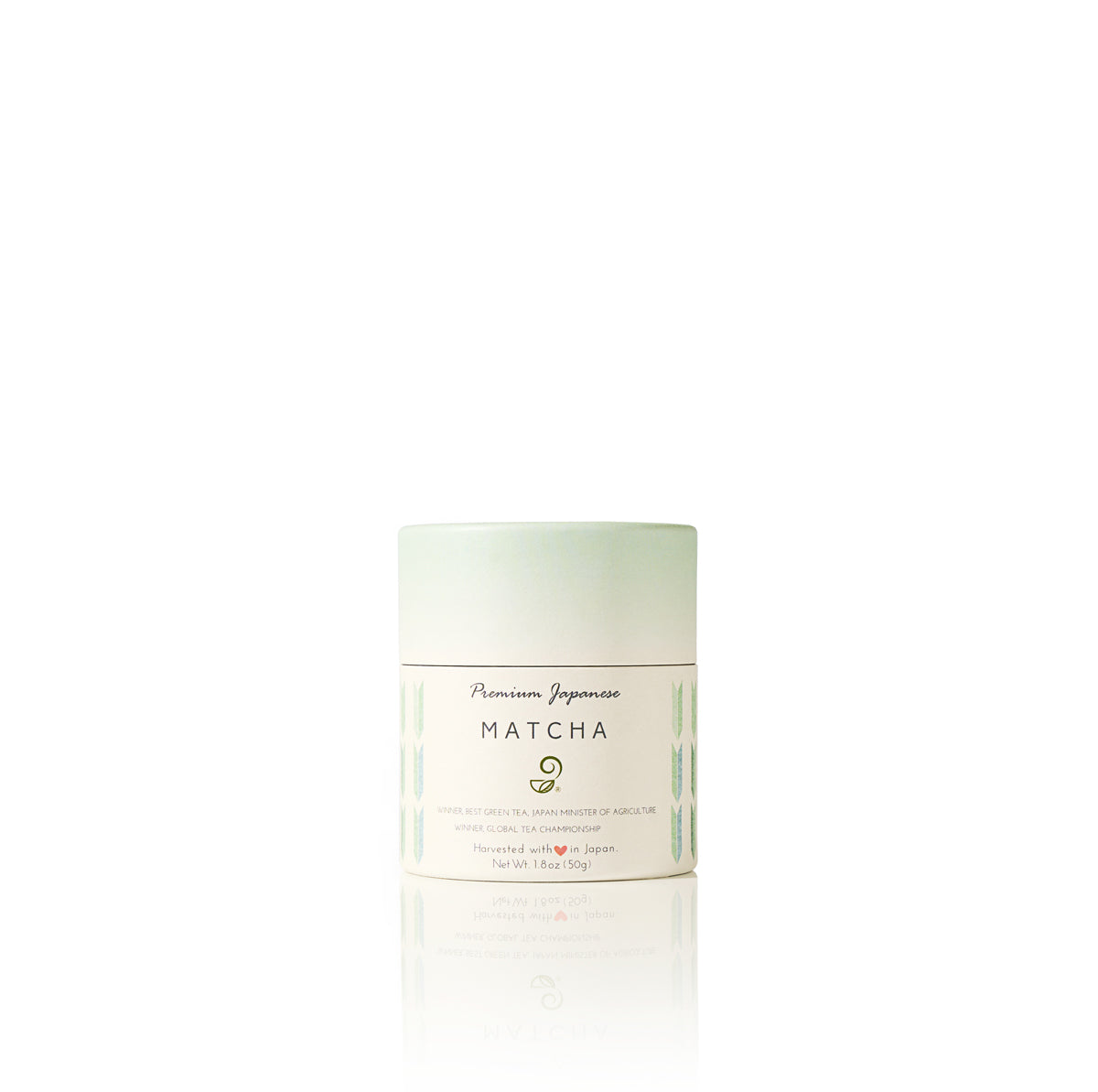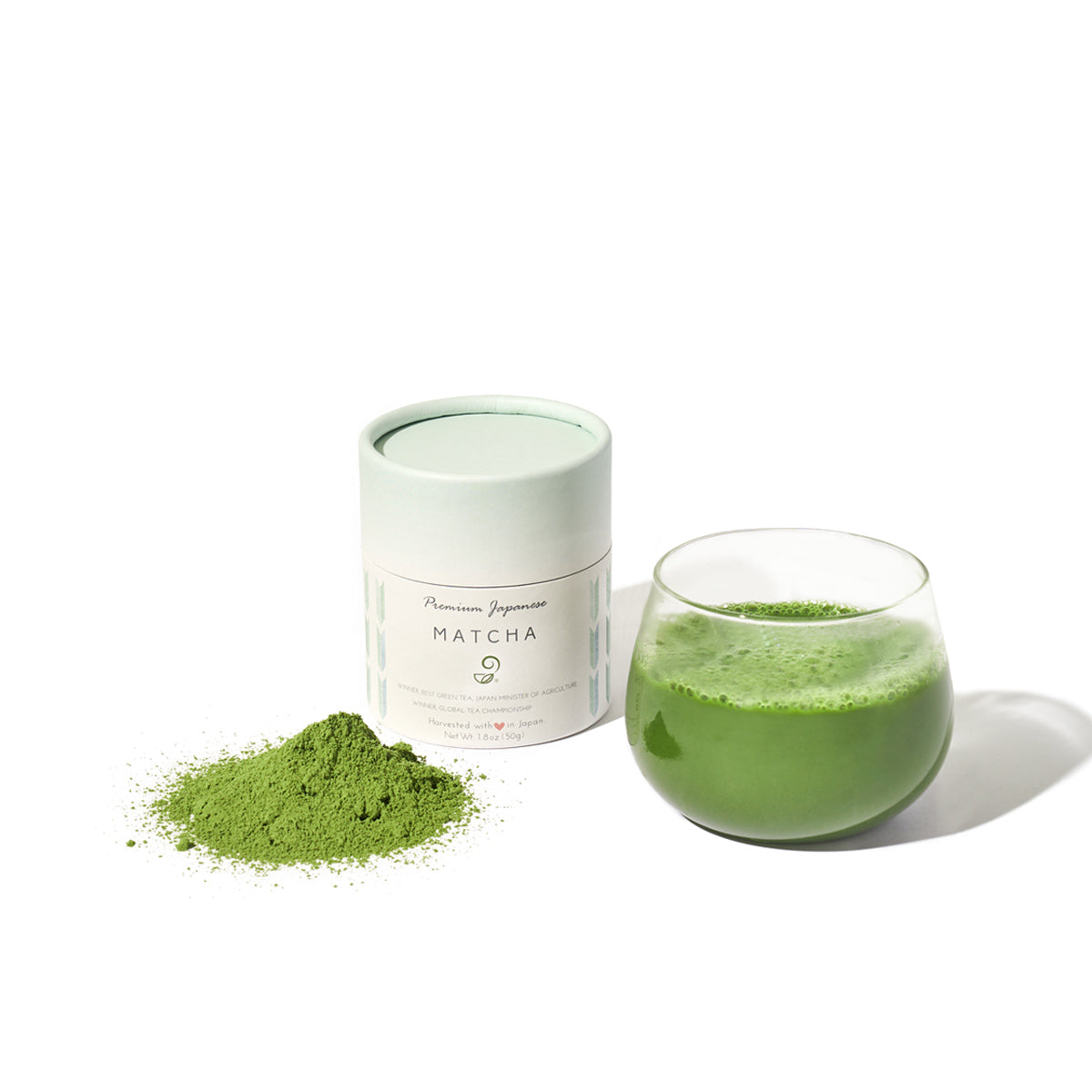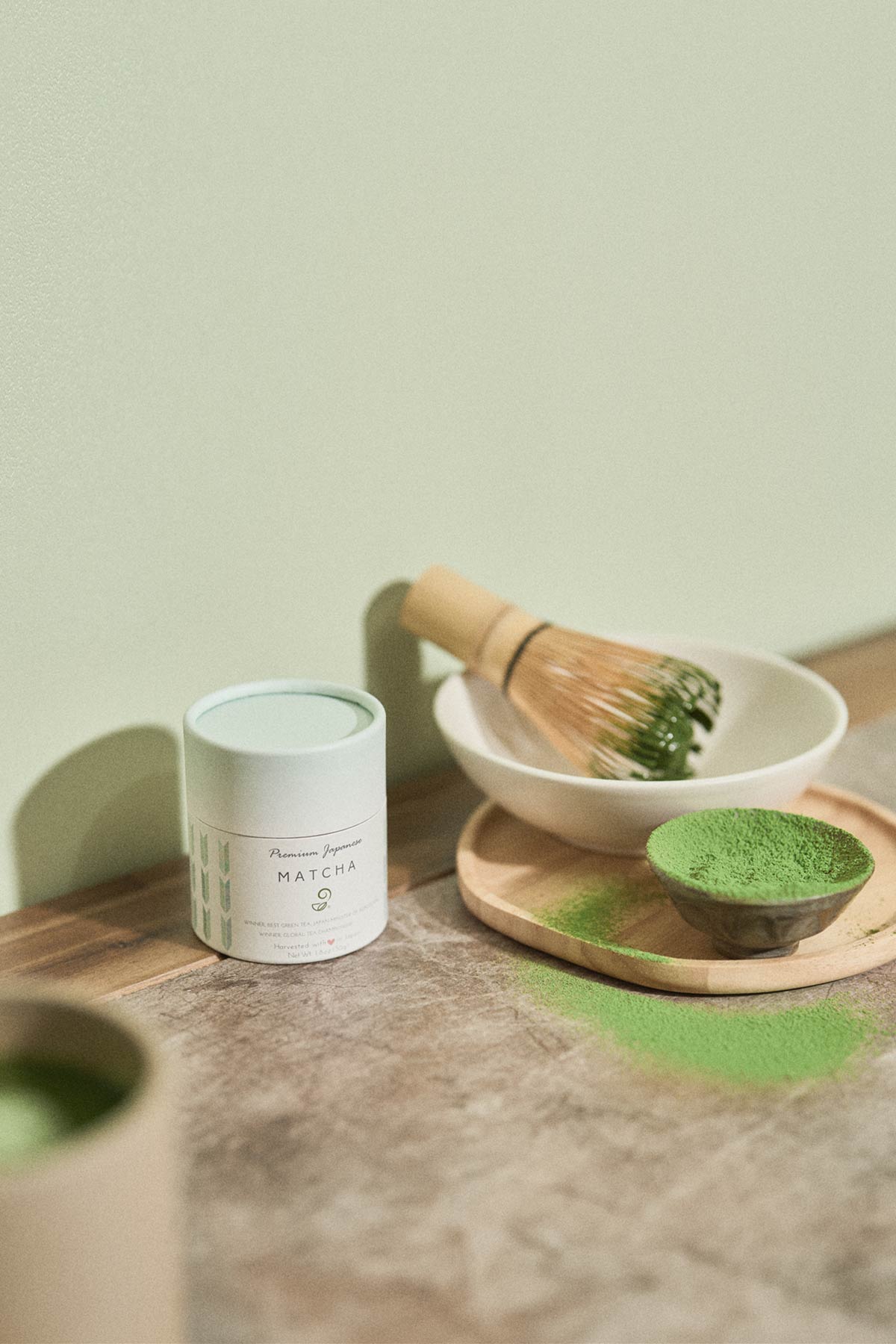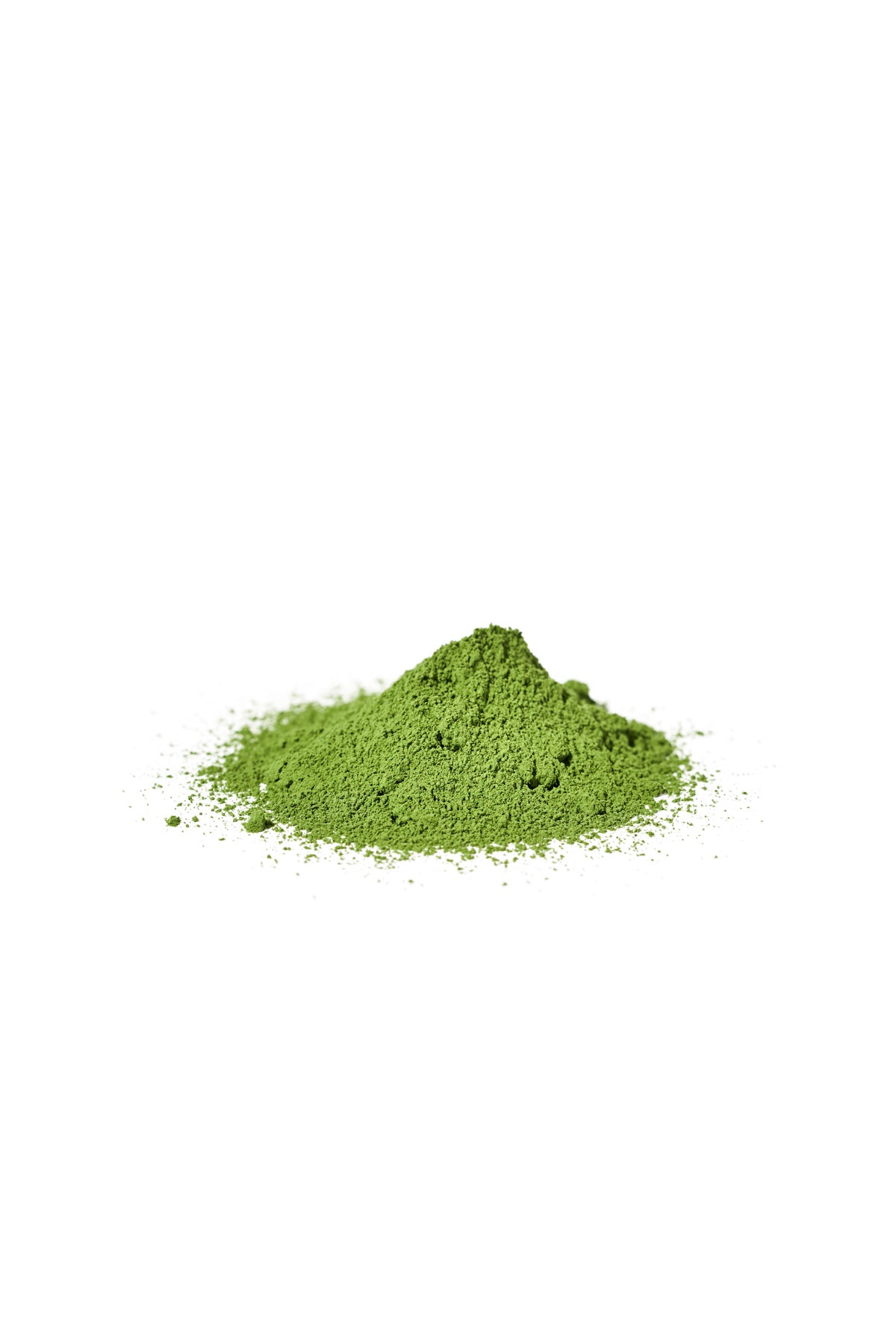The art of tea production is a delicate balance between tradition and technology. As consumers become increasingly aware of what they ingest, the importance of food safety in tea production has escalated to a paramount concern.
Tea, a beverage cherished globally, not only carries cultural significance but also health implications. Thus, it's essential for tea producers to prioritize food safety, ensuring that each cup poured not only satisfies the palate but also upholds the highest standards of health and safety.
This article explores the best practices for maintaining food safety in tea production, guiding producers through the steps necessary to ensure a safe and high-quality product.
Hygiene Standards
A cornerstone of food safety in tea production is stringent hygiene standards. Every aspect of the production facility, from the processing floors to the equipment used, must adhere to rigorous cleaning and sanitization protocols. According to an article from TDI Packsys, it is not enough to simply clean; sanitization must eliminate any potential bacterial and microbial threats.
Staff play a crucial role in maintaining these standards. They must be thoroughly trained in personal hygiene practices, understanding the importance of regular handwashing, appropriate attire, and protective gear. Such measures prevent the introduction of contaminants into the tea production process, thereby safeguarding the product's purity and the consumers' health.
Raw Material Quality Control
The journey to ensuring food safety begins with the quality of raw materials. Tea leaves, like any agricultural product, are susceptible to a range of contaminants, from environmental pollutants to biological hazards. Upon arrival, these materials must undergo a meticulous inspection process. This step is crucial for identifying any potential contaminants, such as pesticides or harmful microorganisms.

Moreover, verifying the proper handling and transportation of these materials is essential to maintain their quality and safety. A comprehensive quality control protocol for raw materials not only sets the stage for a safe production process but also contributes significantly to the final product's overall quality.
Control Of Processing Conditions
Controlling the processing conditions is vital in preventing the proliferation of harmful microorganisms. Parameters such as temperature, humidity, and processing duration must be meticulously managed. For instance, the drying process, a critical stage in tea production, requires precise temperature control to prevent microbial growth while preserving the tea's flavor and aroma.
Similarly, storage conditions must be carefully regulated to maintain the tea's quality and safety. By mastering these conditions, producers can ensure that the final product is not only safe for consumption but also meets the highest standards of quality.
Pest Control
Pest control in tea production is about safeguarding the product from biological contamination. Pests such as rodents and insects can not only spoil the tea leaves but also introduce harmful pathogens.
A comprehensive pest control strategy encompasses regular inspections and effective measures to deter pests. These measures should be environmentally friendly and safe for use in food production facilities. The goal is not merely to react to pest infestations but to prevent them, ensuring the tea production environment remains pristine and uncontaminated.
Chemical Management
The use of chemicals, whether for pest control or to enhance crop yields, must be approached with caution in tea production. It's imperative that any chemicals used are approved for food products and are applied following strict safety guidelines. The management of these chemicals includes accurate record-keeping of all applications and adhering to the prescribed usage limits.
This oversight ensures that the tea leaves are free from harmful chemical residues, aligning with food safety regulations and consumer health concerns. Effective chemical management is a critical component in maintaining the integrity and safety of the final tea product.
Water Quality
In tea production, water is a critical component that can impact the safety and quality of the product. The water used in various stages of tea processing, particularly in washing the leaves, must meet stringent safety standards. It should be free from contaminants and pathogens to prevent any risk of waterborne diseases.
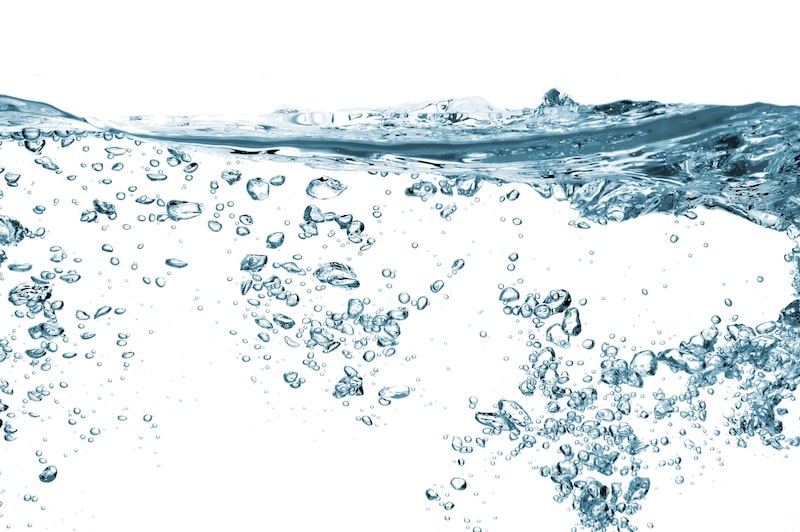
Ensuring the purity of water used in tea production is a multifaceted task involving regular testing and monitoring. This commitment to water quality reflects a producer's dedication to delivering a product that is not only flavorful but also unequivocally safe for consumption.
Traceability And Recall Systems
Implementing robust traceability and recall systems is crucial in tea production. These systems enable producers to track their products from the farm to the consumer, offering a transparent view of the production chain. Should a safety concern arise, these systems facilitate quick identification of the problem's source, allowing for swift and effective action.
A reliable recall system is equally important, enabling producers to promptly remove any potentially unsafe products from the market. Such measures not only protect consumers but also reinforce trust in the brand, showcasing a commitment to accountability and safety.
Regular Training And Audits
Continuous education and evaluation are key to maintaining food safety standards in tea production. Regular training sessions for staff ensure that everyone involved in the production process is aware of and competent in the latest food safety practices. These training programs should cover everything from basic hygiene to the handling of specific equipment.
Complementing this, periodic audits of the production facilities and processes help identify any areas needing improvement. By investing in training and audits, producers can foster a culture of safety and excellence, which is essential for the long-term success of the tea industry.

Storage And Transportation
The final steps in tea production, storage, and transportation are critical in maintaining the product's safety and quality. The tea must be stored in conditions that protect it from environmental factors, contamination, and pests. Packaging plays a significant role here, acting as a barrier against external hazards.
During transportation, these standards must be upheld to ensure that the tea reaches consumers in its intended state. Proper storage and transportation practices not only preserve the quality of the tea but also prevent food safety hazards, guaranteeing a delightful experience for the consumer.
Certification And Compliance
Acquiring certifications like HACCP (Hazard Analysis and Critical Control Points) or ISO 22000 is a testament to a producer's commitment to food safety. These certifications involve comprehensive evaluations of the production process, ensuring adherence to international food safety standards.
Compliance with these standards is not a one-time event but a continuous endeavor. It involves staying abreast of changes in food safety regulations and adapting practices accordingly. Certification not only elevates the brand in the eyes of consumers and trade partners but also instills a sense of confidence in the safety and quality of the product.
Final Thoughts
Ensuring food safety in tea production is a multifaceted and ongoing commitment. It encompasses everything from maintaining hygiene standards and managing raw materials to ensuring compliance with international safety standards. Each step, from the sourcing of tea leaves to the final product reaching the consumer, plays a crucial role in upholding food safety.
By implementing these best practices, tea producers not only protect their consumers but also enhance the reputation and quality of their products. As the tea industry continues to evolve, prioritizing food safety remains a cornerstone in producing a beverage that is not only enjoyable but also safe and of the highest quality.
Get Free Bonus Books

Sign up for free to the Green Tea Club to get advice and exclusive articles about how to choose Japanese Tea, and tips, tricks, and recipes for enjoying Japanese tea.
About the author
Kei Nishida
Author, CEO Dream of Japan
Certification: PMP, BS in Computer Science
Education: Western Washington University
Kei Nishida is a passionate Japanese green tea connoisseur, writer, and the founder and CEO of Japanese Green Tea Co., a Dream of Japan Company.
Driven by a deep desire to share the rich flavors of his homeland, he established the only company that sources premium tea grown in nutrient-rich sugarcane soil—earning multiple Global Tea Champion awards.
Expanding his mission of introducing Japan’s finest to the world, Kei pioneered the launch of the first-ever Sumiyaki charcoal-roasted coffee through Japanese Coffee Co. He also brought the artistry of traditional Japanese craftsmanship to the global market by making katana-style handmade knives—crafted by a renowned katana maker—available outside Japan for the first time through Japanese Knife Co.
Kei’s journey continues as he uncovers and shares Japan’s hidden treasures with the world.
Learn more about Kei
